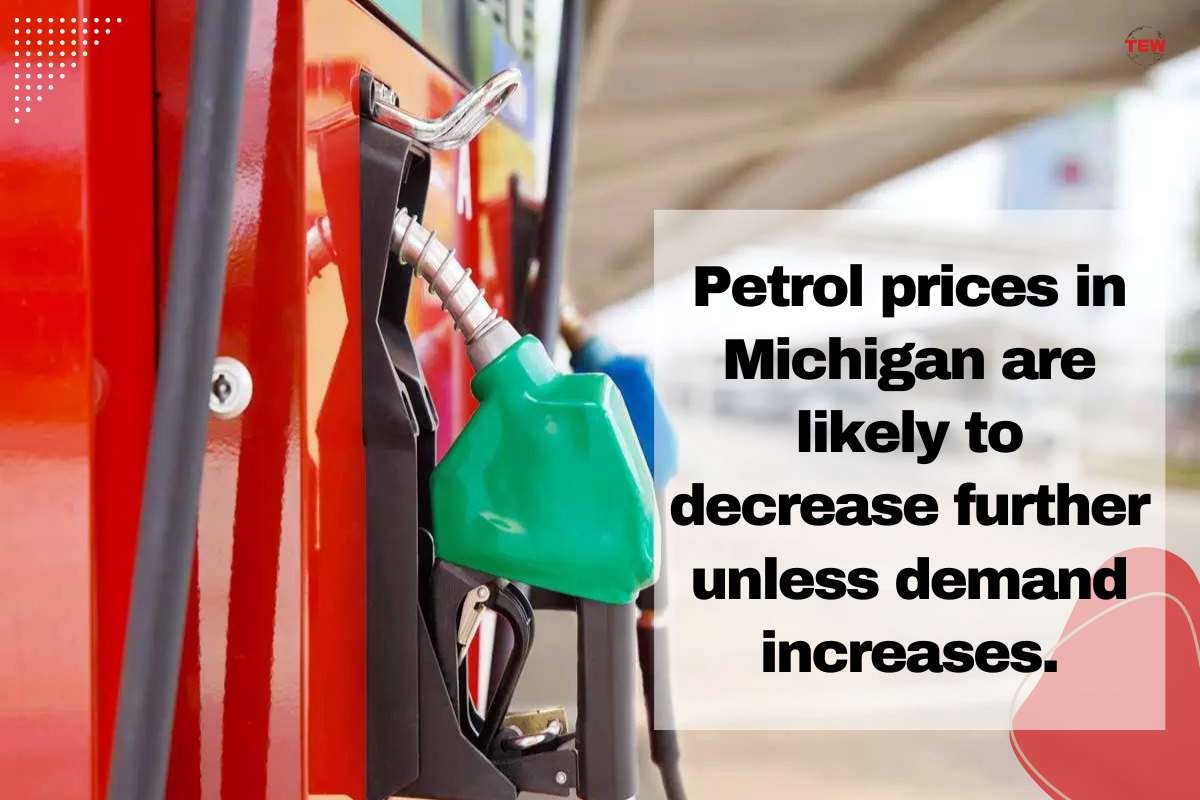According to AAA Michigan, standard unleaded Petrol prices in Michigan cost $3.38 per gallon on Monday, down 11 cents from a week earlier. Petrol prices decreased throughout the majority of the second half of 2022 before rising and then slowly beginning to decline once more.
According to Adrienne Woodland, a spokeswoman for AAA, which keeps tabs on prices at approximately 120,000 stations nationally, “Michigan motorists continue to see lower prices at the pump for the third straight week.” “Drivers will probably see petrol prices continue to decline if demand remains low.”
The average price on Monday is 23 cents cheaper than it was a month ago and 94 cents less than it was a year ago. A full 15-gallon tank of petrol costs roughly $50 now; this is about $28 less than the June 2022 peak price. The national average price per gallon is $3.54.
Metro Detroit’s current average is $3.39 per gallon, about 9 cents less than last week’s average.
Petrol prices in Michigan are likely to decrease further unless demand increases.
Most expensive gas prices
Traverse City: $3.65
Marquette: $3.52
Ann Arbor: $3.47
Least expensive gas prices
Grand Rapids: $3.33
Flint: $3.33
Benton Harbor: $3.35
Falling Gas Prices
According to fresh data from the Energy Information Administration, gas demand dropped dramatically from 9.51 to 8.62 million barrels per day. The decrease in demand is consistent with what market watchers anticipated. To reach 222.9 million barrels, the nation’s total petrol reserves climbed by 1.8 million barrels.
According to Patrick De Haan, head of petroleum analysis at GasBuddy, another organization that tracks prices, “in addition to petrol prices declining, the average price of a gallon of diesel will join petrol in the days ahead, falling below $4 per gallon in the next 48 hours or so, a sign of how far we’ve come.” “Americans are saving hundreds of millions of dollars a week on fuel compared to a year ago, and that amount could go up even higher.”
Petrol prices in Michigan have fallen due to a decrease in demand and an increase in supplies. Oil benchmark West Texas Intermediate fell $3.06 per barrel to end at $68.60. In light of persistent market worries that the economy may enter a recession as a result of rising interest rates, oil prices declined. Demand for oil will probably decrease, as would prices, if a recession happens.





